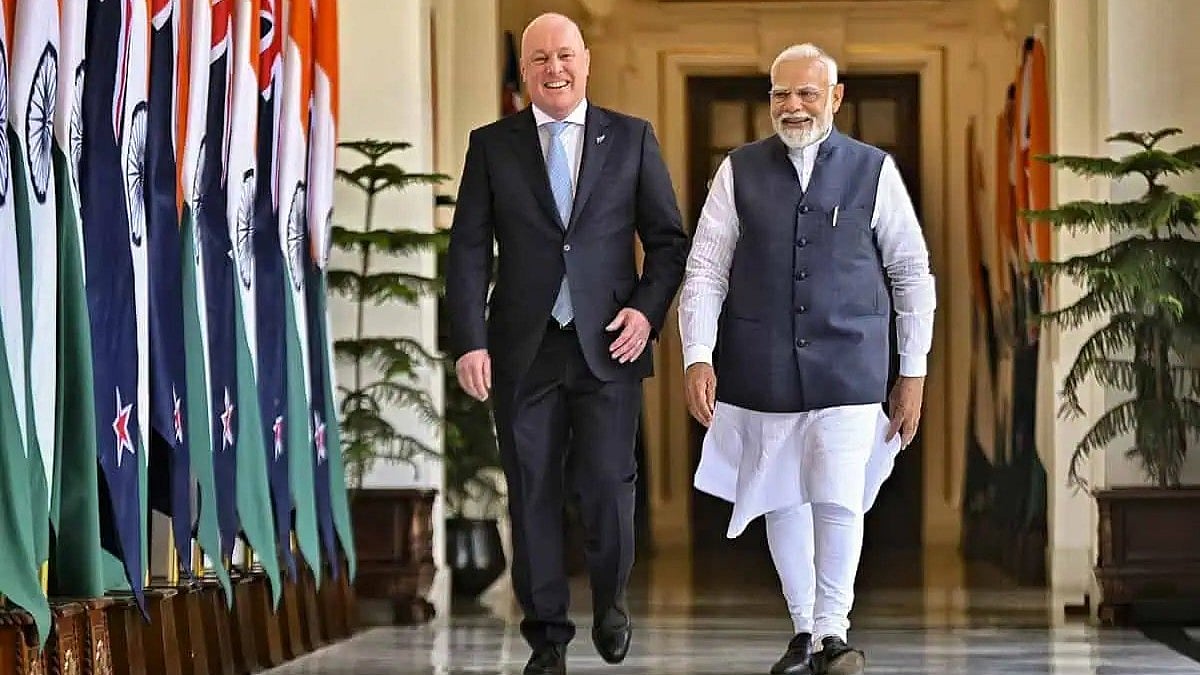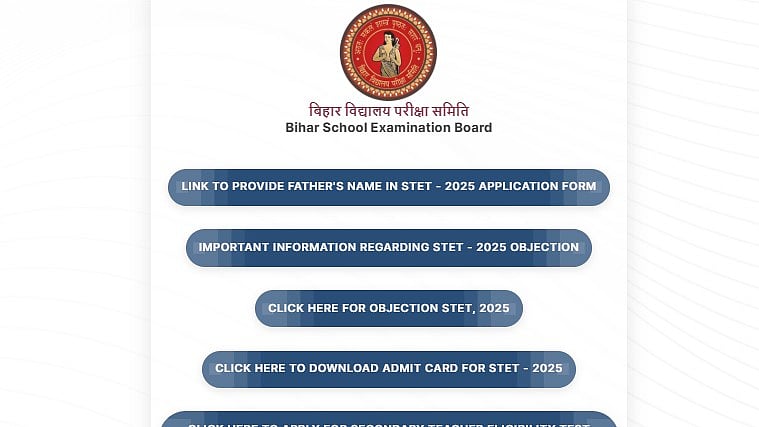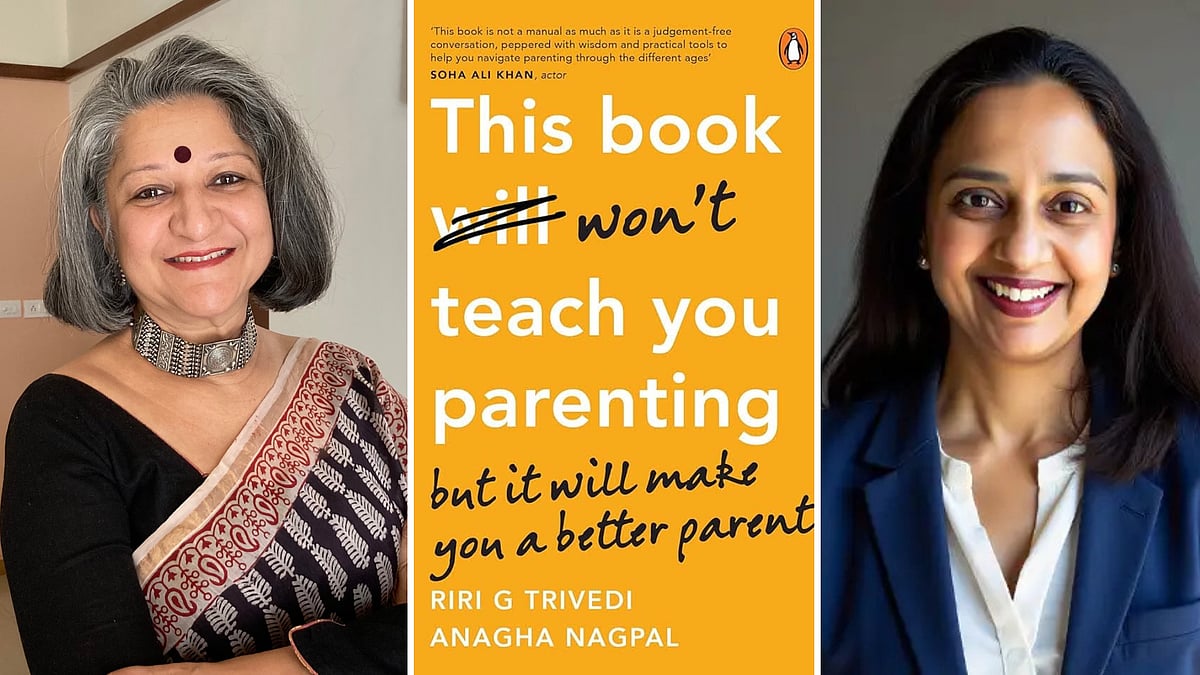Book: Dear Ijeawele, or a Feminist Manifesto in fifteen suggestions
Author: Chimamanda Ngozi Adichie
Price: Rs 250
Pages: 66
ISBN: 978-0-00-825329-5
Publisher: Harper Collins publishers
Where does power lie? Is it in language, in rationality, or in appearance? Is a complicated question. The societies and cultures around the world have made their own hierarchies of power. But if one may observe them carefully, it may be evident that masculinity keeps the giant share of power in most cultures. Societies and communities around the world have shunned the Women away from their power structures. The reasons given are myriad, and theories are many. So the question of Feminism is the most relevant one in all societies of the world. But in this complex world if one were to raise a child as a feminist, then how can one do so? Chimamanda Ngozi Adichie attempts to answer this question by writing a simple letter to her friend Ijeawele, who had once asked her the question of how to raise a child as a feminist.
The book has been laid with fifteen simple suggestions to raise a child as a feminist. But before the suggestions, she lays down two feminist tools. The first tool is a permise: I matter equally, not ‘if only’, not ‘as long as’ but equally. Full stop. The second tool is a question: Can you reverse X and get the same result? Which means if I flip the scenario around and use it for a man then will the result be similar? These two tools are the basis of Chimamanda’s idea of Feminism.
The suggestions that Chimamanda makes are not philosophical in nature. They don’t use complex language but are embedded in critiquing power structures in the world around us, and even though she focuses on the Igbo culture, in particular, the suggestions have the capability to transcend to all cultures. Chimamanda suggests Ijeawele to teach her child to be a full person, to do things together (for example : the man is equally responsible as the woman in raising a child), To understand that the idea of ‘gender roles’ is complete nonsense, to be aware of the idea of Feminism Lite (conditional Female equality) and how it doesn’t make sense, to learn how to read, to question language, to never speak of marriage as an achievement, to learn that it is not important to be likeable all the time but it is important to be a full self who can disagree with people (man or woman alike), to have a sense of identity, to deliberate how she engages with her appearance, to question the culture’s selective use of biology as ‘reasons’ for social norms, to understand sexual intimacy, to be aware about romance, to never consider women as saints (there is Female goodness and female evil), and finally to learn that to be different is the most normal thing in the world.
Gender studies and the questions it raises have been a matter of relevance to all the cultures of the world. Thinkers and writers, especially women who have contributed to this thought have added dimensions of critical thought to the question of women and the power that they deserve. Thinkers like Simone De Beauvoir, in her book titled ‘the second sex’ question the idea of humanity being masculine and women being the other. Beauvoir questions the idea of motherhood itself in which the woman is ‘riveted to her body’ and makes it possible for men to dominate her.
The book satisfactorily answers the questions about the female child. But how can cultures let go of their long bags of ideology, no matter how convincing these suggestions are. In ‘A little book on the human shadow’ Robert Bly discusses the long bags of cultural and personal shadows that societies carry behind them. In Jungian psychology, the shadow may refer to the unconscious part of the personality that the conscious ego doesn’t identify itself with. When child behavior regulations begin, many parts of the personality are put in an invisible bag behind which is called the shadow. Sometimes the shadow of a man is that woman inside him which he has hidden for a long time, and for a woman, it could be that part which is masculine, which was regulated. Thus a child may be born male or female but their personalities have both masculine and feminine aspects which gets regulated. The suggestions that Chimamanda makes critiques the societies shadow cast upon the female child. But there is an equal shadow on the male child, which has a feminine energy which is regulated as well. It would be interesting if Chimamanda critiqued and suggested fifteen suggestions for the male child as well. The prejudices, the methods and the beliefs of cultures are what they hold on to, either because of religious beliefs or philosophical reasoning’s, but Chimamanda’s suggestions are challenging their fundamentals by asking the right questions. Can the shadows come out and answer them?









